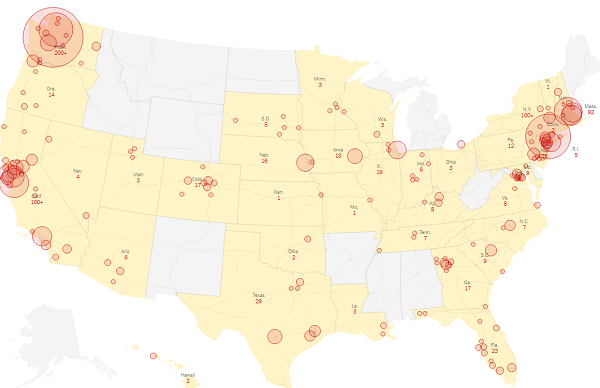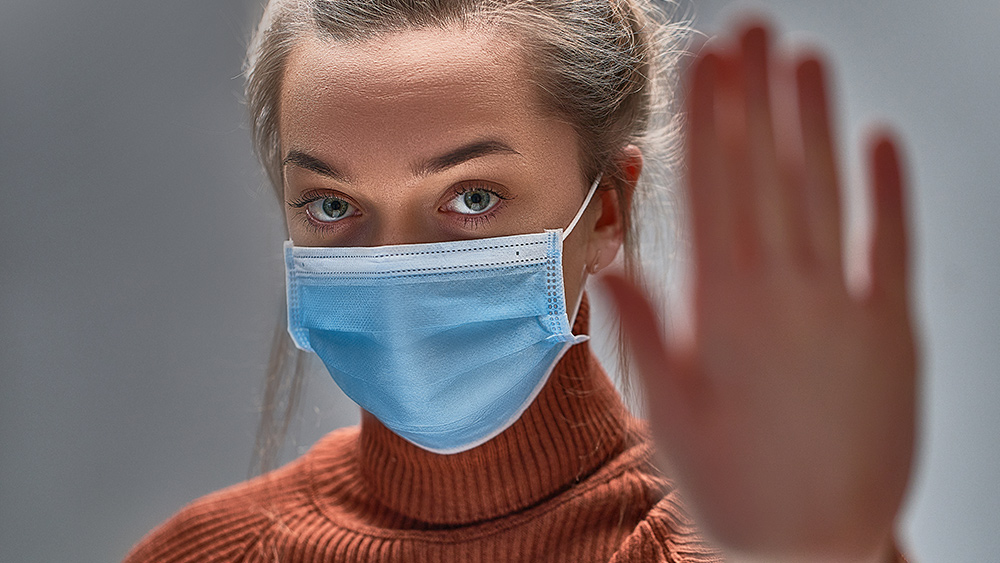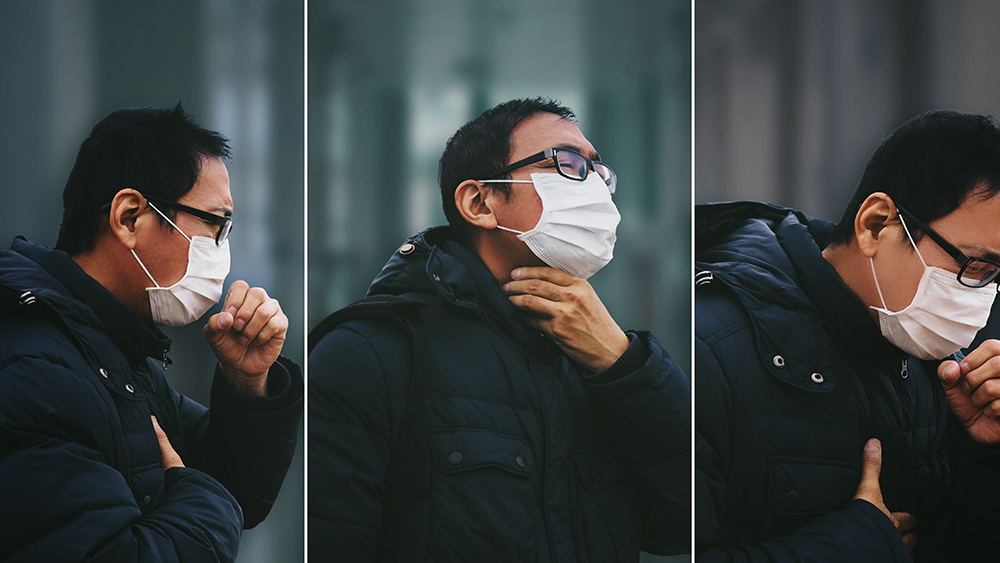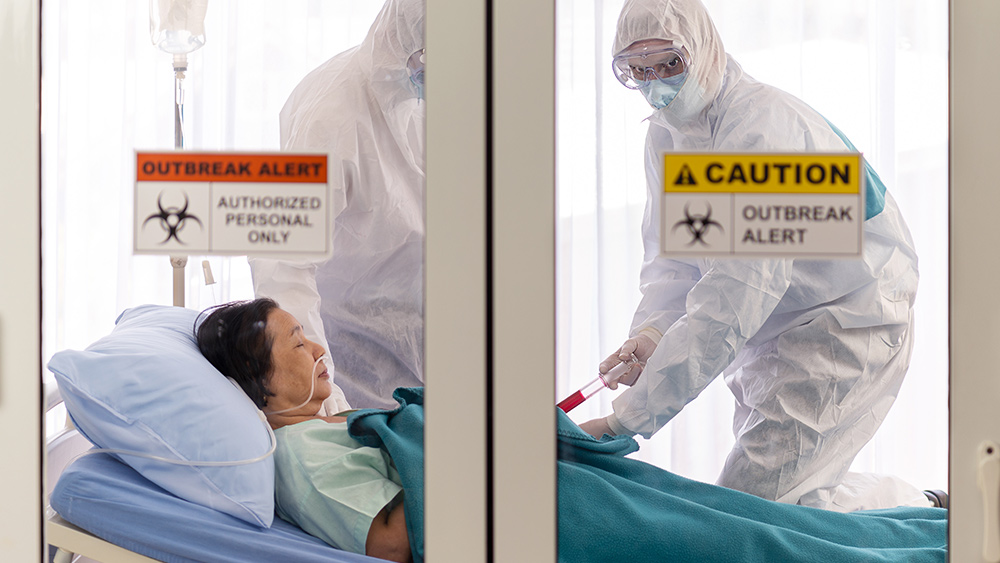NY using prison labor to make more hand sanitizer amid coronavirus outbreak
03/10/2020 / By Isabelle Z.

As hand sanitizer flies off store shelves around the world, the state of New York has come up with a way to address the issue: enlisting prison labor to create more of the coveted gel.
New York Governor Andrew Cuomo announced in a press conference yesterday that inmates at the state’s correctional facilities would start making hand sanitizer. He said they can produce as many as 100,000 gallons per week.
Cuomo said that New York’s hand sanitizer will contain 75 percent alcohol, which is well above the recommended proportion of 60 percent, and it will be made available to governmental agencies, schools, transit agencies and prisons. He described its scent as a floral mix of tulips, hydrangea and lilacs.
Known as NYS Clean, it will cost about $6.10 a gallon to make it in house, enabling significant savings for local and state governments. The way they’re achieving this low price has some advocacy groups and lawmakers raising concerns, however, as prisoners are earning wages of as low was 16 cents per hour to make the sanitizer.
NYS Clean is created by a division of the state’s prison system known as Corcraft, which uses inmate labor to produce items like license plates, pillows and textiles. The employees of Corcraft, all of whom are state prison inmates, earn 16 cents per hour as a starting wage, which can rise to a maximum wage of 65 cents per hour. Those who are highly productive may earn a bonus of $1.30 per day.
Inmates at the Great Meadow Correctional Facility are being tasked with the production of the hand sanitizer. This maximum-security prison is located in Washington County, where inmates were already in charge of making cleaning solutions and chemicals for janitors and vehicle maintenance. Cuomo feels the shift to making hand sanitizer was a natural next step.
The prison labor system in New York has long come under fire, in large part because the hourly wage paid to inmates hasn’t risen since the early 1990s.
One of Cuomo’s senior advisers and a spokesman for the government, Rich Azzopardi, defended the decision to have hand sanitizer produced by Corcraft. He said in a statement that job training and skill development are central parts of prison rehabilitation and that this program has existed for many years.
Meanwhile, inmates at the state’s Rikers Island facility could be used to dig mass graves to bury as many as 51,000 bodies should the death count rise significantly. That’s according to a plan that the chief medical examiner drew up in October 2008 in the case of a pandemic that would necessitate the quick burial of a vast number of corpses. It would see the inmates digging mass graves on nearby Hart Island.
Hand sanitizer shortages leading to price gouging and inferior products
Hand sanitizer shortages throughout the nation are leading to price gouging in some places. Although the CDC has stated that washing your hands using soap and water, keeping a distance from other people, and avoiding touching your face are the best ways to stop the spread of the virus, hand sanitizer is in high demand for those who can’t wash their hands regularly.
Amazon has denounced the inflated prices seen on its website for hand sanitizer and says it’s acting to stop the third-party sellers who are taking advantage of a panicked population. Similar problems are also being seen on eBay.
Experts have also warned that not all hand sanitizers on the market are effective. Some products contain a substitute for alcohol known as benzalkonium chloride, which doesn’t kill germs as well as alcohol does, putting people at risk. Hand sanitizers must contain 60 percent alcohol or more to be considered effective at helping protect against the pandemic; alcohol may appear on the label as isopropyl alcohol, ethyl alcohol, or ethanol.
Sources for this article include:
Tagged Under: Andrew Cuomo, antibacterial, coronavirus, hand sanitizer, New York, outbreak, pandemic, prison labor, products
















